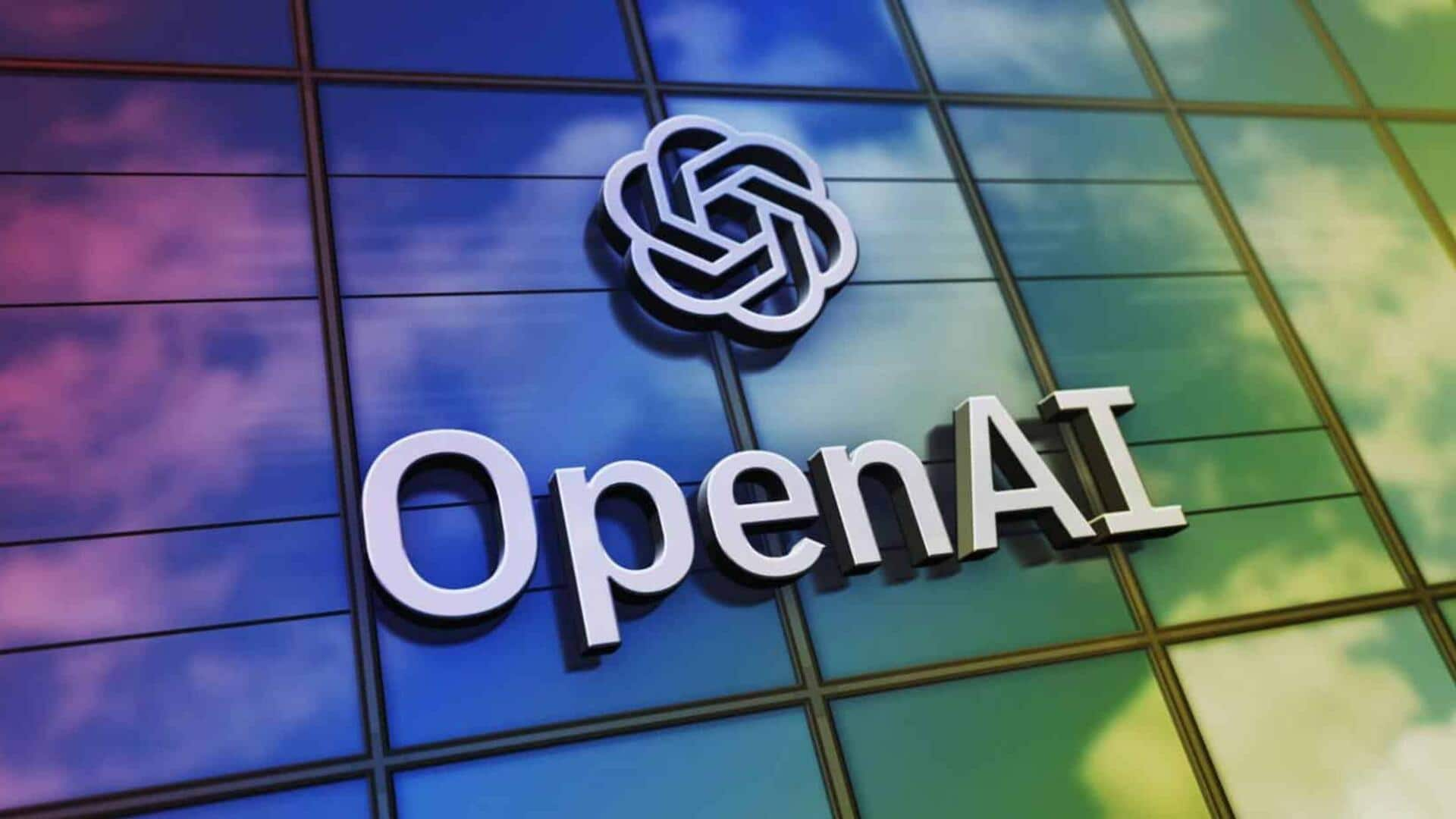
OpenAI's new tools simplify building custom AI models
What's the story
OpenAI is extending its custom model initiative to help enterprise clients develop unique generative AI models for specific applications, sectors, and use cases. The program was launched at OpenAI's inaugural developer conference, DevDay, last year, and has since attracted a multitude of customers. To further improve performance, OpenAI has added assisted fine-tuning and custom-trained models to the program.
New component
Assisted fine-tuning leverages advanced techniques
Assisted fine-tuning is a new feature of the custom model initiative that employs advanced techniques. In OpenAI's words, it includes additional hyperparameters and various efficient fine-tuning methods on a larger scale. This feature enables organizations to create data training pipelines and evaluation systems, among other supporting infrastructures, to enhance model performance for specific tasks.
Collaborative efforts
Custom-trained models are built using OpenAI's base models
Custom-trained models are another addition to the program. These models are built in partnership with OpenAI using its foundational models and tools, such as GPT-4. This service is designed for clients who need deeper fine-tuning of their models or want to incorporate new, domain-specific knowledge. Examples include SK Telecom's collaboration with OpenAI to refine GPT-4 for telecom-related Korean conversations and Harvey's partnership for a custom model integrating legal text and attorney feedback.
Growth
Custom model initiative expansion aligns with OpenAI's growth
The expansion of the custom model initiative aligns with OpenAI's reported approach toward $2 billion in annual revenue. The company is also rumored to be planning a large-scale data center project in partnership with Microsoft. Fine-tuned and custom-trained models could potentially reduce the load on OpenAI's model serving infrastructure, as these specialized models are often more compact and efficient than their general-purpose counterparts.
Enhancements
New fine-tuning features for developers
OpenAI predicts that most organizations will eventually create customized models tailored to their business, industry, or use cases. To facilitate this, the company has introduced new features for fine-tuning models, specifically designed for developers utilizing GPT-3.5. These improvements include a dashboard for comparing model performance and quality, support for third-party platform integrations, and enhanced tooling.